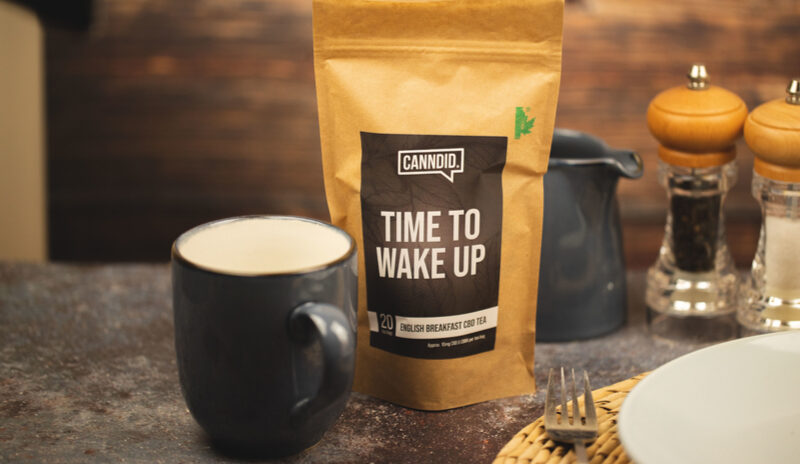[ad_1]
Health food can be much better for the atmosphere, supply you with even more anti-oxidants, and also simply aid you really feel much better general! However, not constantly. Even if something might have the USDA Organic seal of authorization, that doesn’t mean that it’s pesticide free! Today we’re going to talk about what it means to shop organically and why it does not always imply the best option.
What is USDA?
USDA stands for the United States Department of Agriculture. This department is in charge of regulating everything to do with crops, whether they’re to be eaten or not! They also provide a lot of information, research, and resources into nutrition, agricultural economy, and agriculture in general. Needless to say, they play a very important role in all of our lives!
Another thing the USDA does is regulate how crops are grown and labeled. For example, the difference between regular crops and USDA Organic crops. This might not always mean what you think it should, which is why it’s important to do the proper research into your labels. Never judge a book by it’s cover—just because something might be labeled organic, it doesn’t mean it’s chemical-complimentary!
What Does USDA Organic Mean?
The USDA has set a few guidelines to what can and cannot be considered organic. But, even with these guidelines, you may not get exactly what you’re expecting. Here are the general guidelines the USDA has set up for what can be considered organic:
- Land must have had no prohibited substances applied to it for at least 3 years before the harvest of an organic crop.
- Soil fertility and crop nutrients will be managed through tillage and cultivation practices, crop rotations, and cover crops, supplemented with animal and crop waste materials and allowed synthetic materials.
- Crop pests, weeds, and diseases will be controlled primarily through management practices including physical, mechanical, and biological controls. When these practices are not sufficient, a biological, botanical, or synthetic substance approved for use on the National List may be used.
- Operations must use organic seeds and other planting stock when available.
- The use of genetic engineering, ionizing radiation and sewage sludge is prohibited.
This is just a very small part of the requirements the USDA has created for what can be labeled organic or not. But, it’s important to note what they might leave out of these regulations. One of the most important of these being the fact that farms actually are able to use pesticides!
The USDA has created a list of approved pesticides that farmers can use on their crops and still be considered organic. While the pesticides allowed must be synthetic and guaranteed to not contaminate soil or water, it still suggests that chemicals are being used on the food you eat. While this may not necessarily be a bad thing, it’s still important to make sure you know what is going into your body! That also means that just because something is labeled organic, it doesn’t mean that it’s ready to eat as soon as you buy it. Make sure to wash your produce as soon as you get home from the grocery store, no matter what labels might be on the outside.
Why Quality Matters
Quality matters because anything that is going into the things you use will eventually make its way into you. And you don’t want to be filling your body with chemicals and also pesticides! That’s why we constantly recommend doing the proper research behind the companies and brands you’re buying from. Remember, knowledge is power!
In addition to doing the proper research, make sure you keep track of the different labels a CBD product might have. Even if it has an organic label, that doesn’t imply it’s free of pesticides, as we’ve figured out. Most honest companies will have information easily accessible on their websites showing how they process their products. Before buying from a company, it’s important to look around and ensure that you’re getting the most effective quality possible!
Because hemp is a crop, the USDA regulates hemp plants as well as CBD oil. Even though we can’t say you can ingest our CBD products at this time, quality still matters! Because it’s going on your skin, whatever is in the product will be absorbed into your bloodstream, so you want to make sure that the oil is pure and untouched by harmful chemicals. Let’s talk a little bit about Nature’s Ultra CBD quality.
Because hemp is a plant that absorbs all contaminants and toxins in the soil it grows in, we go through rigorous testing of both our soil and water to make sure that it contains no chemicals, pesticides, or toxins. That way, the hemp is as pure as possible! In addition to that, we use the best quality seeds and crops possible. There are two different types of hemp plants, sativa and indica. We use the sativa plant, which has more CBD and less THC. That means that we’re able to get the most out of the crops we grow, making it better for the environment and you!
We are likewise Seed to Seal certified, which means that all of our processes have been tested for Young Living quality from the moment we plant the hemp, to the moment it’s being put into bottles for you to enjoy. We have agronomists on hand to make sure that all of our practices are holistic and good for the environment. That way you can be confident in knowing that not only are your products high-quality, but that we’re doing right by the earth, too!
Not only that, we have been certified ISO and GMP! That means that we have Good Manufacturing Processes, and manufacture of CBD distillate and isolate from industrial hemp. So you can rest well at night knowing that our CBD quality is one of the best on the market.
CBD oil can help you in a great deal of different ways! That’s why we want to ensure that you’re getting the CBD quality you deserve. To learn more about what we do, stay tuned to our blog. For more info on Nature’s Ultra, click right here. We anticipate joining you on your CBD trip!



